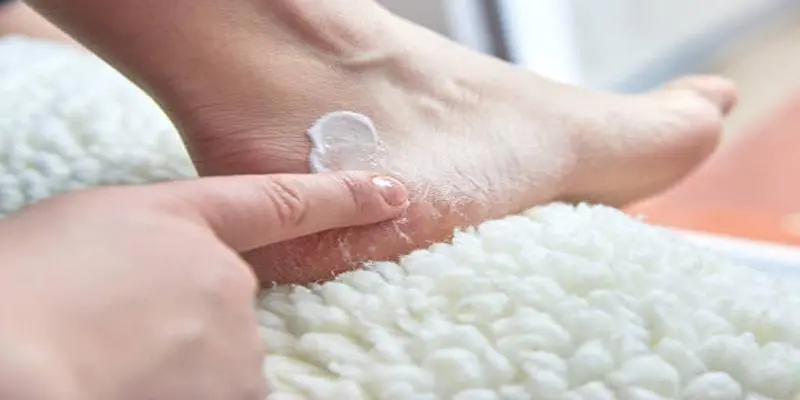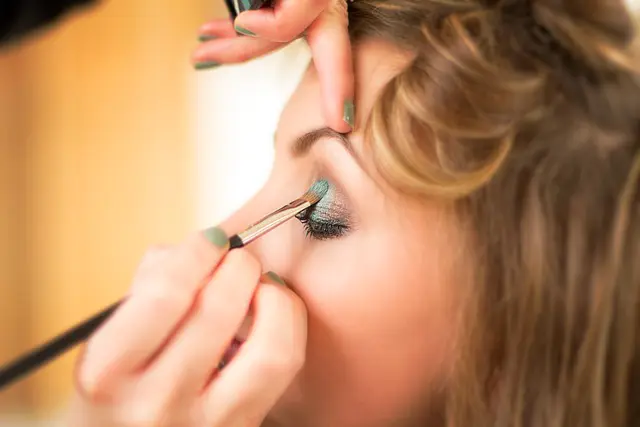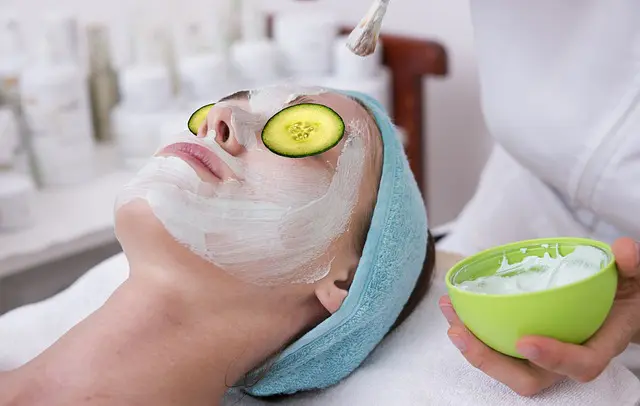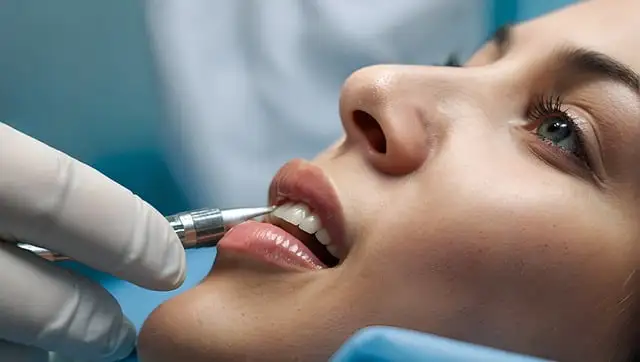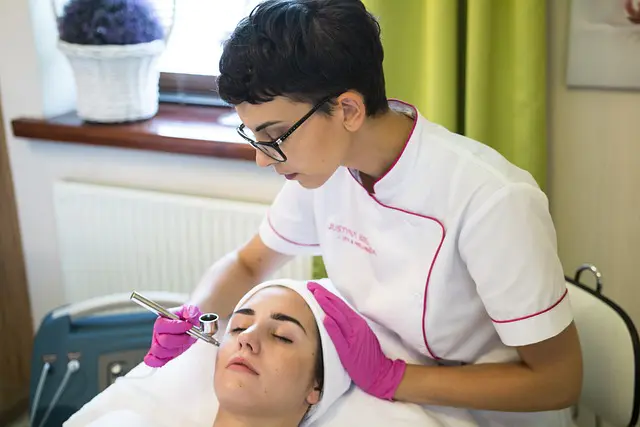Collagen, a protein abundant in the human body, is crucial for providing structural support to tissues such as skin, bones, and tendons. It is a key component in the body's tissue regeneration and repair processes and is vital for maintaining skin firmness and elasticity. As we age, collagen production in our bodies diminishes, leading to visible signs of aging and potential joint discomfort. This has sparked a growing interest in diets and supplements that are rich in collagen, which are believed to help mitigate the effects of aging and improve overall health. Understanding the importance of collagen and ensuring adequate intake is crucial for those who aim to enhance their health and maintain a youthful appearance.
The Comprehensive Health Benefits of Collagen
Collagen offers a broad spectrum of health benefits that are essential for maintaining an active and healthy lifestyle. Its impact on skin health is particularly significant. As a major component of the skin, collagen helps to maintain softness and hydration, contributing to a youthful appearance. By promoting skin cell turnover and repair, collagen aids in wound healing and shields the skin from environmental stressors, thus preserving skin health and radiance.
Skin Health and the Aging Process
Collagen's anti-aging properties extend beyond just skin appearance; it also plays a significant role in joint health. Collagen is essential for maintaining cartilage, the tissue that cushions joints. As we age and collagen levels decline, the risk of developing joint diseases such as osteoarthritis increases. Collagen supplements can help alleviate joint pain and inflammation, improving mobility and overall quality of life.
Bone and Joint Health
Collagen is also crucial for bone health, being the main protein in bones that provides structure and strength. The loss of collagen with age can lead to reduced bone density and an increased risk of fractures. Studies suggest that collagen supplements can enhance bone mineral density and strengthen bones. This is particularly relevant for postmenopausal women, who are at a higher risk of osteoporosis.
Natural Sources of Collagen
Collagen can be obtained from various food items, which are essential for many biological functions. Foods rich in animal connective tissue are the primary sources of collagen. Bone broth, prepared by simmering bones and connective tissues, is a rich source of collagen. Tough cuts of meat such as beef shanks, pork feet, chicken wings, and thighs also supply collagen. Fish skin, particularly rich in type I collagen, is another valuable source.
Plant-Based Sources and Collagen Enhancement
For those who prefer plant-based options, indirect sources of collagen are available. While plants do not contain collagen, certain foods and nutrients can support the body's collagen production. Nuts, seeds, beans, and legumes are rich in amino acids needed for collagen synthesis. Garlic, which is high in sulfur, also promotes collagen formation and protects it from degradation.
Sustaining Collagen Levels
Collagen levels can be sustained through direct consumption and indirect support from dietary and lifestyle choices. To preserve collagen, it's advised to limit sugar intake, avoid excessive sun exposure, and refrain from smoking. Regular exercise, especially resistance training, can stimulate collagen production in muscles and tendons.
Collagen Supplements: Types and Considerations
Collagen supplements have gained popularity in the health and wellness industry, with a variety of formulations to cater to individual needs. Understanding the different types of collagen supplements is crucial for making an informed decision. Types I, II, and III are the most common in supplements, each serving specific purposes. Type I collagen is popular for its cosmetic benefits, found in hair, nails, and skin. Type II collagen, found primarily in cartilage, supports joint health. Type III collagen, often combined with Type I, supports skin elasticity and the structure of muscles and organs.
Forms of Collagen Supplements
Collagen supplements come in various forms, including powders, capsules, and liquids. Powders are versatile and can be easily mixed into beverages or foods, making them a popular choice. Capsules are convenient for those with busy lifestyles. Liquid collagen is known for its ease of consumption and quick absorption, making it an excellent


